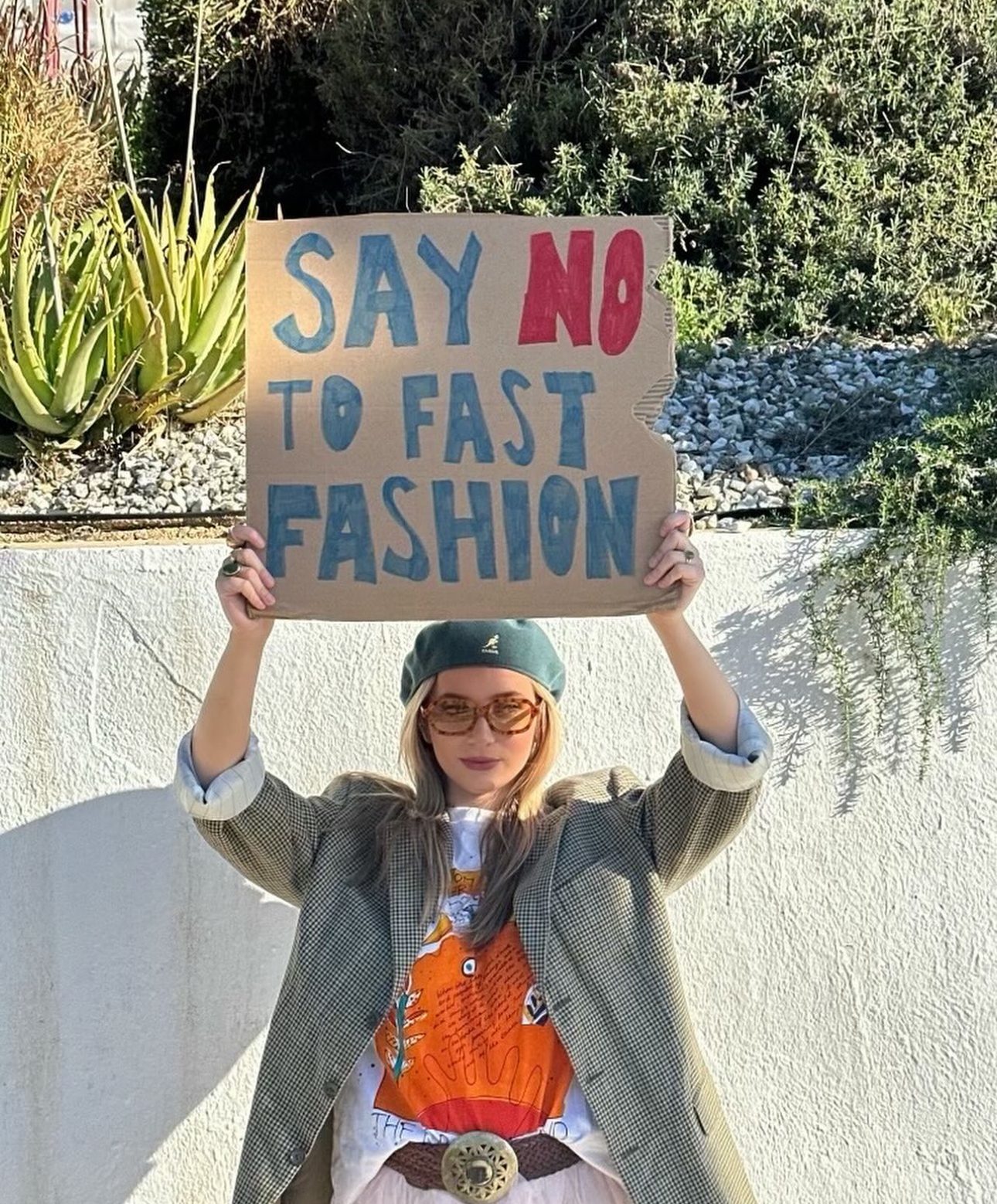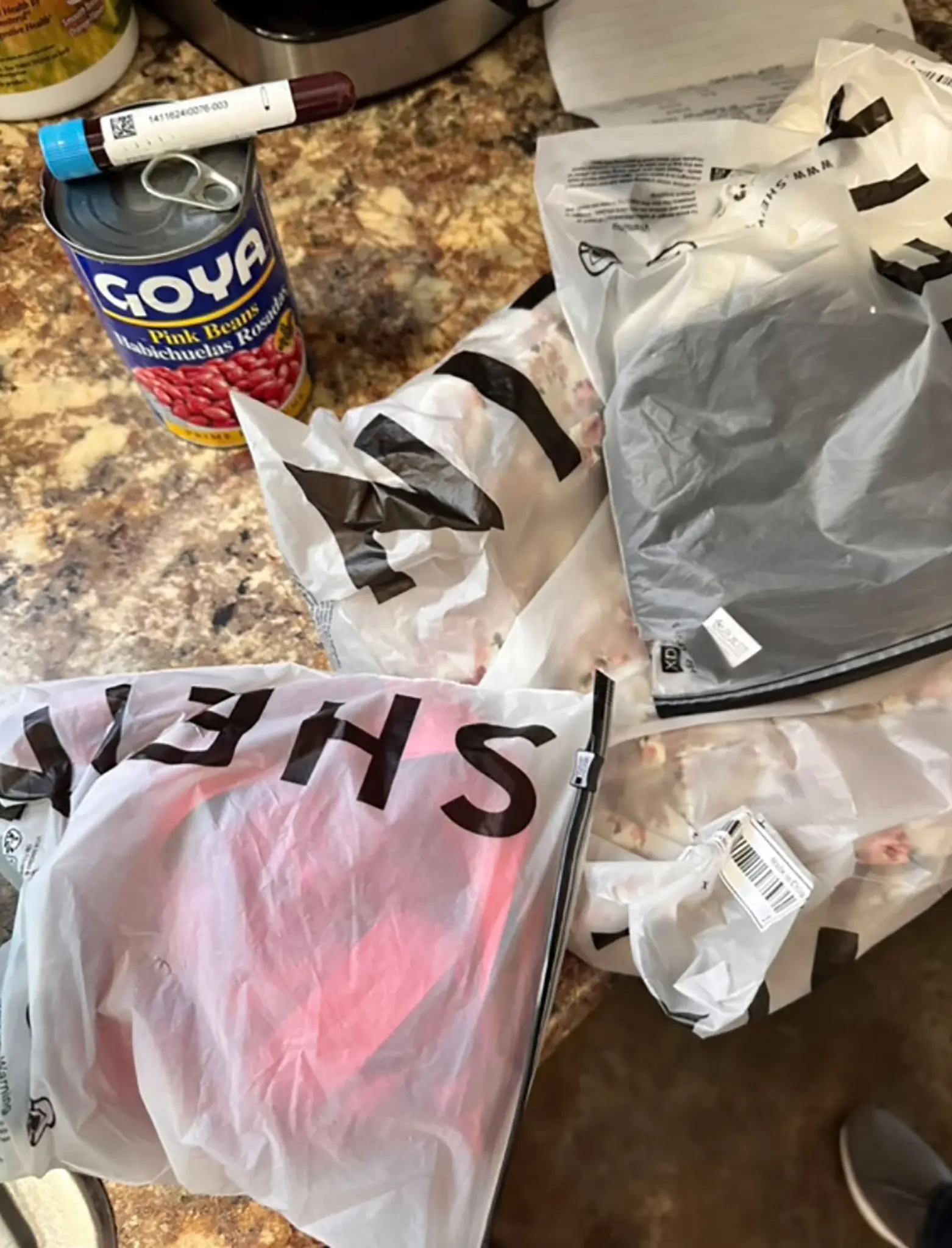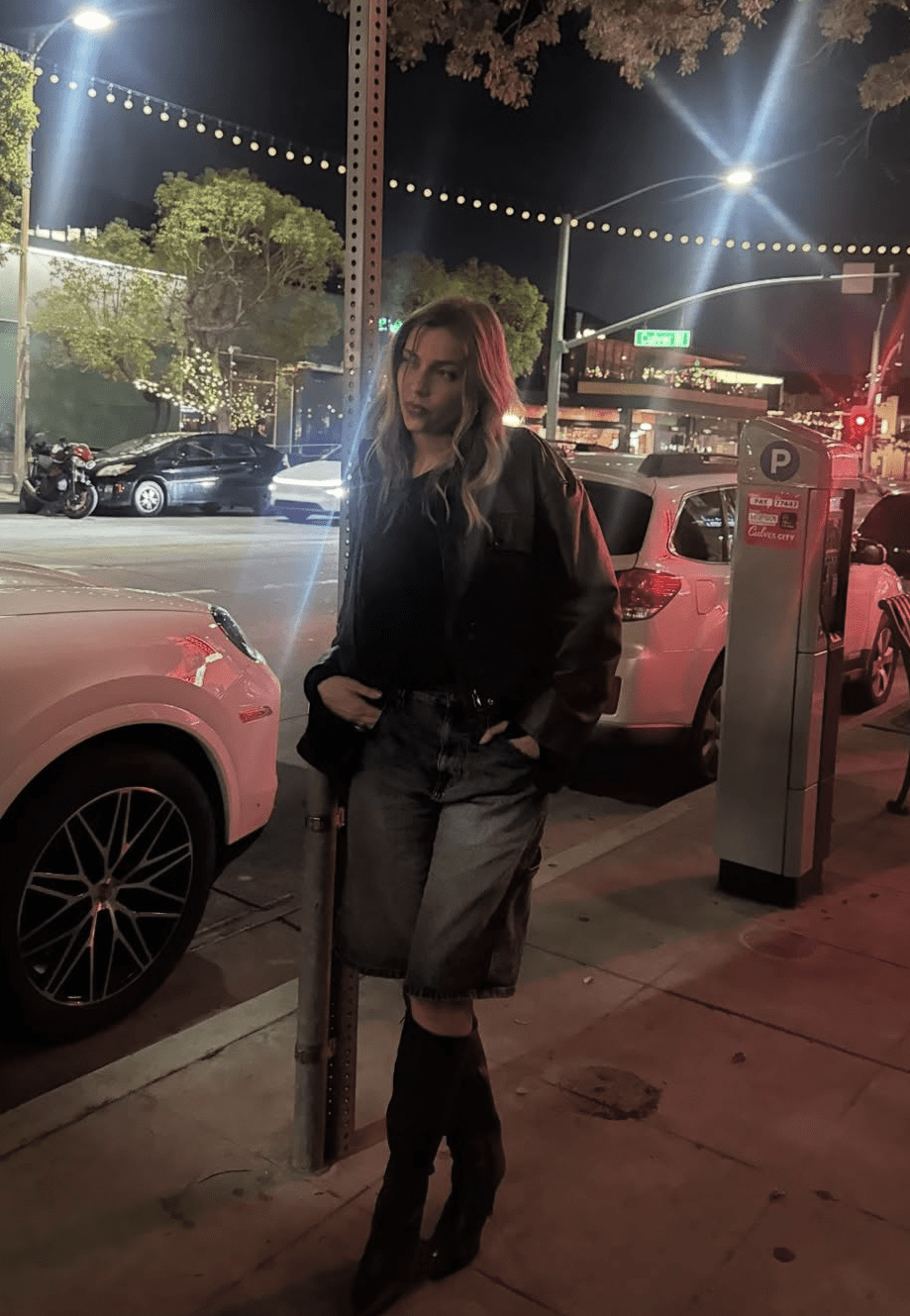In the world of celebrities, actions and lifestyles are magnified, often becoming the subject of public scrutiny and, at times, the ire of environmental activists. The latest to come under the lens is Taylor Swift, whose private jet usage has soared into a heated debate.
The criticism hinges on her jet’s carbon emissions – reportedly around 10,000 tonnes a year, equivalent to what 600 average Australians would produce. It’s a staggering number, and it’s no wonder it has raised eyebrows and concerns. But before we point fingers, let’s navigate the turbulent skies of this debate with a broader lens.
Why am I comparing Swift to Australia you ask? Well, because of this viral video from Dr. Monique Ryan, an Australian politician who is currently the independent member of parliament for the Division of Kooyong.
@mon4kooyong Taylor Swift’s private jet #climatechange #taylorswift
♬ original sound – Dr Monique Ryan MP
What’s Monique Ryan Got to Do With It?
Dr. Monique Ryan stands as a vocal opponent against the Middle Arm Sustainable Development Precinct, a project heavily backed by the Australian Government with a $1.5 billion commitment. She’s against it for many reasons, but primarily she cites the environmental and health impacts associated with the project.
At the core of the precinct’s development is petrochemical manufacturing and export, industries known for their significant carbon footprint. The project involves the fracking of gas in the Beetaloo Basin, which would then be transported to Middle Arm, liquefied, and exported. This process is expected to lead to a substantial increase in CO2 emissions and the release of other harmful substances. The repercussions of such activities, according to Dr. Ryan, could pose a severe risk to the climate by escalating greenhouse gas emissions and threaten the well-being of local communities, including the most vulnerable—the children.
Dr. Ryan, echoing concerns of pediatricians, highlights distressing health risks that could ensue should the project move forward. The warnings are not unfounded; they are based on research observations from the United States, where similar industrial activities have been associated with an increase in a range of health issues. The data suggests that regions with such industrial activities see higher rates of birth defects, stillbirths, and cardiovascular events, as well as an upsurge in asthma cases and fatalities. This alarming prospect for children living in the Northern Territory is a critical aspect of Dr. Ryan’s opposition.
So Dr. Ryan weighed in on the Taylor Swift plane controversy to bring attention to this project in Australia that she would like the government to reconsider.
Now Back to Taylor Swift and Air Traffic Control
Yes, Taylor Swift’s carbon footprint from her jet is far from negligible. But given her superstar status, the idea of her zipping across the world in a commercial plane seems impractical, if not impossible. Entire airports would likely need to shut down to accommodate the frenzy of fans and paparazzi that follow her every move.
There is, however, a disconnect between the carbon footprint of one individual – even one as high-profile as Swift – and the systemic issues at play.

The conversation around climate change often becomes fixated on individual actions, which, while important, can eclipse the larger, more impactful sources of carbon emissions. A recent report laid bare a staggering truth: just 100 companies are responsible for a whopping 71% of global emissions since 1998. These industrial behemoths, along with the governments that permit their emissions, are the principal actors in the climate change drama.
To put things into perspective, Swift’s jet would need to keep flying for 140,000 years to match the emissions of a single massive project like the one Dr. Ryan is talking about – Middle Arm.
And by the way, Swift made headlines by reducing her private jet fleet from two to one, responding to criticism over her use of such a luxury and environmentally harmful mode of transportation. She retained her larger Dassault Falcon 7X, capable of accommodating up to 16 passengers, and parted ways with a Dassault 900 at the end of last month, as reported by Business Insider.
Take on the Real Culprits?
The real crux of the issue isn’t the carbon footprint of individuals, even those with a fleet of private jets. The heart of the matter is influencing governmental policy and corporate practice. Public pressure has a track record of instigating change; it’s a force potent enough to halt even the most “impossibly large” projects. Governments can, and often do, pivot under the weight of their constituents’ voices. Therefore, the conversation needs to shift from high-profile jet-setters to the high-stakes decisions made at corporate boardrooms and government offices.
It’s kind of like when people complain about their neighbor getting welfare and completely ignoring the behemoth corporations who get millions, if not billions, in corporate welfare. Look at the bigger and more important picture guys!
It’s not about absolving individuals from their environmental responsibilities. Everyone has a role to play, from recycling and reducing waste to advocating for cleaner energy. However, addressing climate change effectively requires targeting the roots rather than the leaves of the issue. While we can encourage Taylor Swift and others who have the means to invest in more sustainable options and offset their emissions, our collective energy would be better spent demanding accountability and change from the primary sources of global emissions.
While Taylor Swift’s private jet usage is far from ideal in terms of carbon emissions, focusing on her actions alone diverts attention from the far greater impact of industrial activity and governmental policies. It is these entities that must be held accountable if we are to make meaningful progress in the fight against climate change. By shifting our focus to the real culprits and rallying for systemic change, we can ensure our efforts are not just a drop in the ocean, but a wave of transformation.
#TaylorSwift #ClimateChange #CarbonEmissions #EnvironmentalImpact #SystemicChange

Remember to Make Ordinary Extraordinary!
Follow me on my socials:
- Instagram: @lexysilverstein
- Youtube: Lexy Silverstein
- Twitter: @eLEXYfy
- TikTok: @lexysilverstein
- Facebook: Lexy Silverstein
- Liketoknow.it/lexysilverstein










